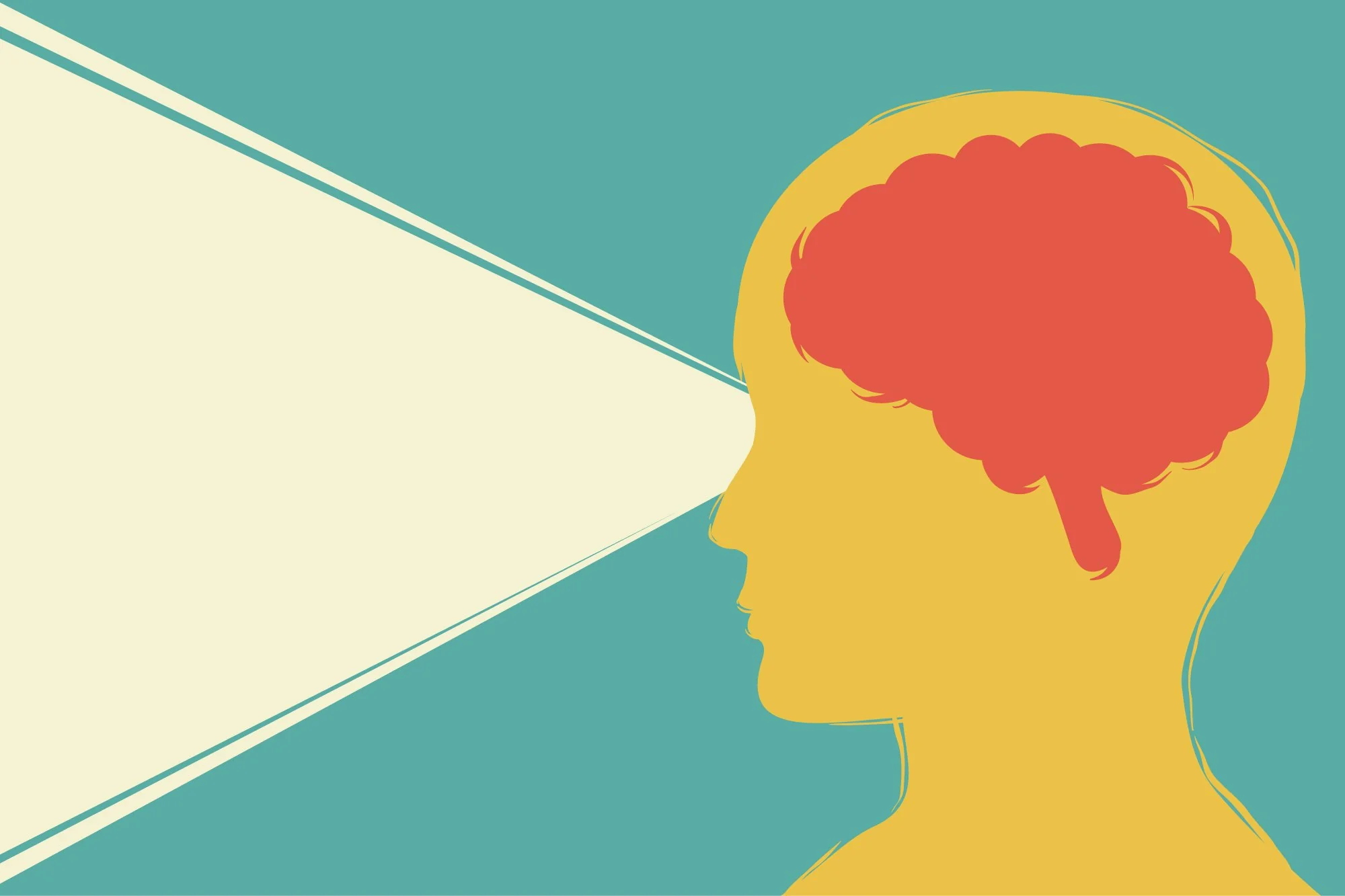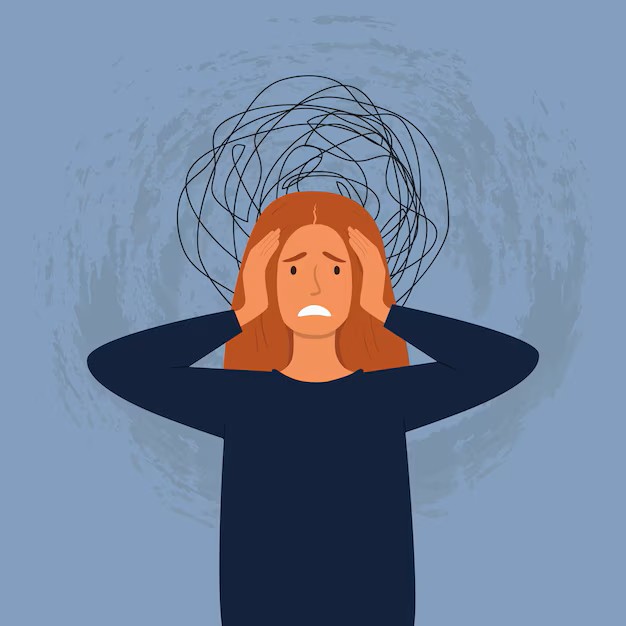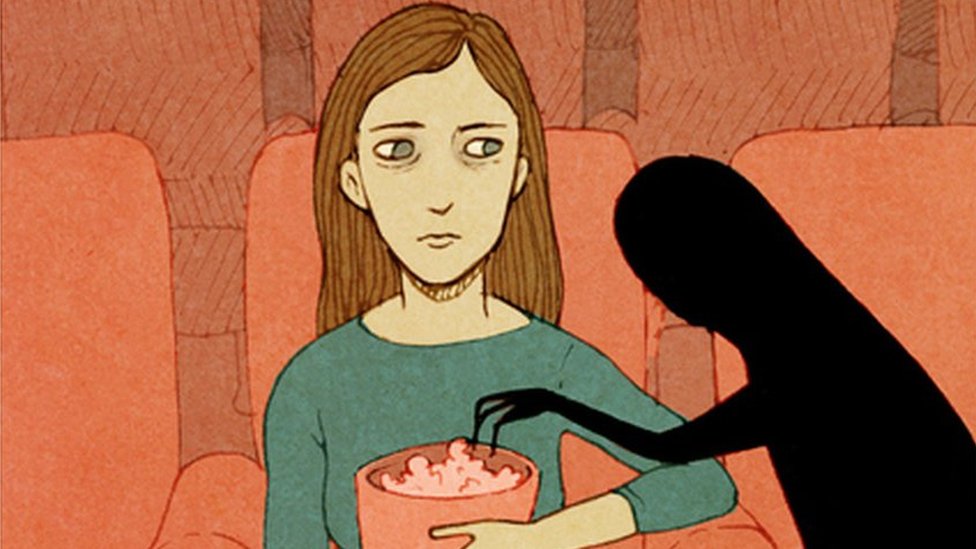DEPTH PERCEPTION: THE IMPACT OF DISSOCIATION
by MACKENZIE ROBERTS | Thursday, Mar 16, 2023
How do you know that what you see is real? How do you know that you exist? What do you do when you stop believing things are real? These are the questions I have been faced with for the past two years.
It first happened while I was having a conversation with someone, when a cognitive shift made me stop listening. It was simple—I just couldn’t imagine that this person had thoughts behind their eyes. It was as though a subtle connection had been lost. Even though it was surmountable at the time, my problem would begin to snowball. It initially began with me being irritated or uninterested with what someone was saying. I came to the conclusion that they just didn’t think. At all. Then it started to be more frequent. I would call it “drifting,” like the people that I couldn’t imagine thinking would “drift” into a nebulous dimension where I couldn’t reach them. It happened with strangers and loved ones alike, with no discrimination between the two.
This drifting snowballed into full blown delusions about others, as if they were actors on a stage that I was watching on a television screen, or hollow robots. As it evolved it became more frustrating and distancing. I stopped talking to my parents beyond casual greetings. My friendships grew strained. I manually closed all the doors to socialization because I couldn’t deal with the very real thought of not being able to connect with another being. I just couldn’t comprehend that they were human.
The final delusions made me believe that I was the unreal one. Suddenly, I didn’t exist and was only watching my life through a third person view, like I was just fulfilling a role. These thoughts happened in unpredictable episodes that would last for hours where I would sit in the dark, trying to ground myself from such distressing thoughts of being alone. I wanted so desperately to break out from behind the figurative glass that separated me from everyone else. My inability to recognize even my own mother as real caused me to question whether I was a good person.
I later learned these feelings fall under an umbrella term of dissociation, but specifically define two things (Comer & Comer 2021):
-
Depersonalization
- This is called “doubling"
- The idea that you are detached from your own body
- Some people who experience depersonalization can feel like they’re floating above their own body
- Derealization
- The idea that the external world isn’t real
- In addition to the external world seeming unreal, some may perceive objects as changing in size as well
Depersonalization-derealization disorder affects roughly 2% of people. Of those, most experience this phenomenon after a traumatic event. Most of the time, this happens to young adults who are under high levels of stress, pain, fatigue, or even during recovery from drug abuse (Comer & Comer 2021).
So how did these things stop for me? They didn’t, but they are much less frequent and intense since I don’t allow it to consume me. Here are some things you can do to help refute the dissociation:
-
Talk about it with people you trust
- I found that not being ashamed of it reduces its power over you
-
Conceptualize the dissociation as something physical that is separate from you
- You can slay a big, bad, purple dragon easier than a thought lacking a physical body
-
Give someone a hug with some skin-to-skin contact
- It’s no secret that touching someone else’s skin makes you feel connected to that person, even if you just touch their arm for a moment
-
Look at yourself in the mirror and tell yourself you are one coherent human being
- Consciously acknowledging your existence is super helpful
This problem with reality can be set off in my own head at any time. I know it’ll probably be like that for the rest of my life, but it doesn’t scare me anymore. I encourage anyone who may relate to this to actively overturn this thinking and seek help for it! There is no shame in asking for help with something that is too big for one person to handle. If anyone reading this relates to any of this, I want you to know that you are not alone on this Earth and your struggles to perceive the world do not make you a bad person.
Work Cited
Comer, R. J., & Comer, J. S. (2021). Abnormal Psychology 11th Ed. New York: Worth Publishers


